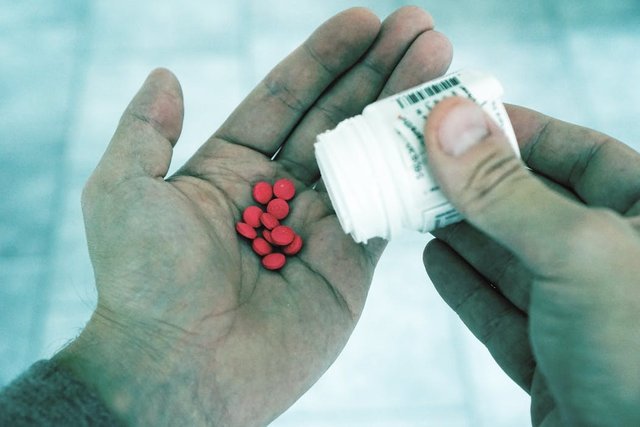Orphan drugs: what are they and why do they matter?
Most people do not have a clue what orphan drugs are. However, they are of utmost importance for some patients. Although these drugs do save lives, most pharmaceutical companies are not interested in financing their development. How come you may ask? The reason is pretty straightforward: money. Orphan drugs are drugs specifically meant to cure rare diseases, which, according to their definition, only affect 5 in 10,000 people. Consequently, pharmaceutical companies lack a financial incentive to treat or cure rare diseases. Yet some companies put time, effort and money in developing orphan drugs. Why would they do this? And is there still a future for orphan drugs?

In order to give a clear answer to these questions, one has to compare the drug development process of an ordinary drug with development process of an orphan drug. Prior to being studied in humans, both type of drugs will undergo an extensive series of laboratory and animal testing to study possible therapeutic and adverse effects. These tests are termed preclinical studies. Once the preclinical process has been completed, drugs are then tested in human volunteers. This is where the development process between the two types of drugs starts to differ. As orphan drugs are used to treat rare diseases, only a limited number of volunteers are available. Luckily, the U.S. Food and Drug Administration (FDA) provides for granting special status to these orphan drugs, allowing pharmaceutical companies to conduct clinical studies with less human volunteers. Moreover, the special status also reduces the total development time significantly and provides financial incentives for sponsors to develop products for rare diseases.
As of 2017, the program has enabled the development of over 600 drugs and biological products to completely cure or treat rare diseases! Great, right!?